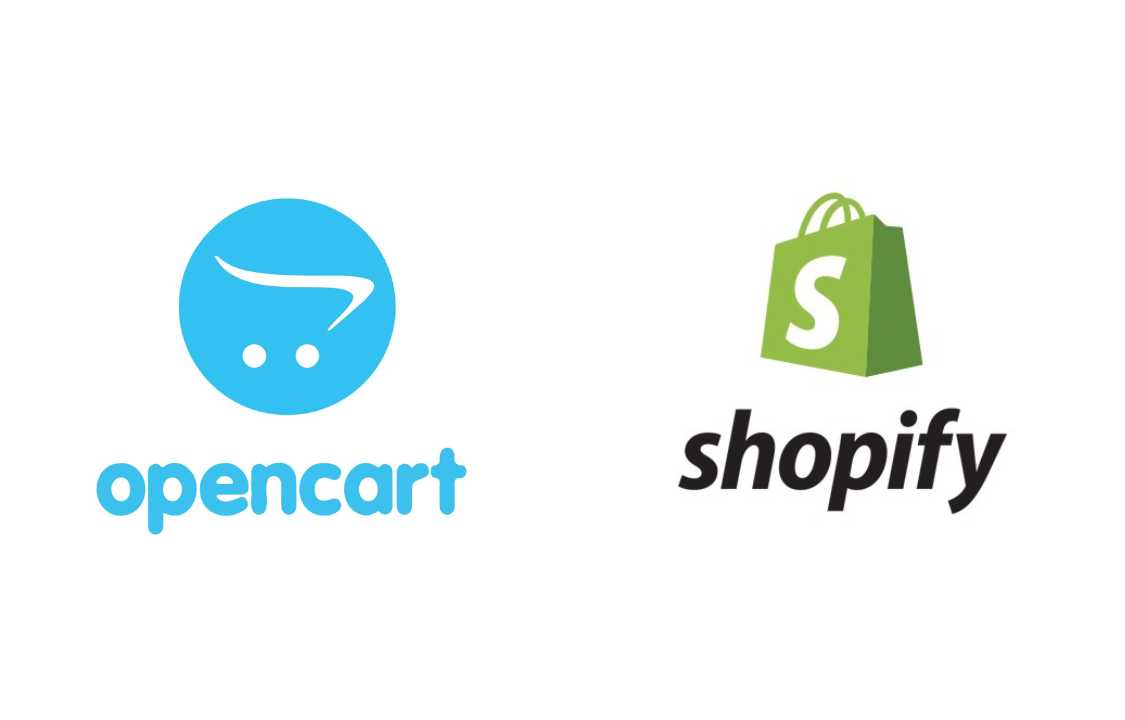Business
OpenCart vs. Shopify: Which is better for your e-commerce business?
Picking the best e-commerce platform is more important than ever in today’s competitive market. Two popular options that frequently emerge in this discussion are OpenCart and Shopify. Both platforms offer unique features, allowing entrepreneurs to create and manage their online businesses effectively. To determine which one is better suited for your needs, it’s essential to delve into a detailed comparison of OpenCart and Shopify.
OpenCart: Open-Source Flexibility
OpenCart is an open-source e-commerce platform, which means its source code is freely accessible and can be modified according to your requirements. This open nature allows for a high degree of customization and flexibility, making it a favorite among developers and small to medium-sized businesses.
Pros of OpenCart:
- Open-Source Advantage: OpenCart’s open-source nature provides unlimited customization options. Developers can make changes to the code to make a one-of-a-kind e-commerce site.
- Cost-Effective: Being open-source means OpenCart is free to download and use. However, costs might be involved in themes, extensions, and developer services for customization.
- Extension Marketplace: OpenCart has a vast marketplace of extensions and themes, allowing users to enhance their store’s functionality and design with various add-ons.
- Multi-Store Functionality: OpenCart allows you to manage multiple stores from a single admin interface. This feature is beneficial for businesses with multiple brands or product lines.
Cons of OpenCart:
- Steep Learning Curve: Customization often requires coding knowledge, making it less user-friendly for beginners. Setting up and configuring the store might be challenging for those without technical expertise.
- Limited Support: While there is a community forum, official support options are limited compared to a fully managed platform like Shopify.
Shopify: Simplicity and Comprehensive Solutions
Shopify, on the other hand, is a hosted e-commerce platform that provides a feature-rich and intuitive option for retailers of all sizes. It’s especially well-liked by inexperienced businesspeople and those seeking a simple entry into e-commerce.
Pros of Shopify:
- Ease of Use: Shopify is incredibly user-friendly, allowing users to set up their stores quickly without any technical expertise. Its intuitive interface simplifies the process of managing products, orders, and payments.
- Hosted Solution: Shopify is a fully hosted platform, meaning you don’t have to worry about managing servers, security, or technical aspects. Shopify takes care of all the technicalities, allowing you to focus on your business.
- App Store: Shopify offers a vast App Store with numerous apps and integrations, allowing users to extend their store’s functionality. From marketing to customer service, there’s an app for almost everything.
- Mobile Optimization: Shopify ensures that your store is mobile-responsive, catering to the growing number of mobile shoppers.
Cons of Shopify:
- Monthly Fees: Unlike open-source solutions like OpenCart, Shopify comes with a monthly subscription fee. While the pricing is inclusive of hosting and support, it may be prohibitive for some businesses.
- Transaction Fees: If consumers don’t use Shopify Payments, Shopify also adds transaction costs to sales made using third-party payment processors on top of the monthly fees.
Choosing the Right Platform for Your Business
The choice between OpenCart and Shopify ultimately depends on your specific needs, budget, and technical expertise. If you’re a small business owner or a beginner looking for a hassle-free, all-in-one solution, Shopify might be the better choice. Its simplicity, comprehensive features, and excellent support make it an ideal platform for those starting their e-commerce journey.
On the other hand, if you’re a developer or a business owner with technical expertise, and you require extensive customization and flexibility, OpenCart provides the freedom to tailor your store to your exact specifications.
Consider your business requirements, budget, and the level of control you need over your online store. Both platforms have their strengths and weaknesses, so choose the one that aligns with your goals and vision for your e-commerce business. With the right platform in place, you can create a successful online store and thrive in the competitive world of e-commerce.

